We all want to make a positive impact on the planet, but sometimes the idea of “going green” feels overwhelming. Do you have to completely overhaul your lifestyle? Sell your car? Install solar panels? The truth is, living sustainably doesn’t have to be complicated or expensive.
Small, consistent changes can create a big difference over time — for your health, your wallet, and the Earth. That’s why we’ve compiled this guide on 10 easy eco-friendly habits you can start today.
Whether you live in a bustling city or a quiet village, these tips are practical, budget-friendly, and proven to reduce waste and carbon footprint.
Let’s dive in.
Reduce Single-Use Plastics
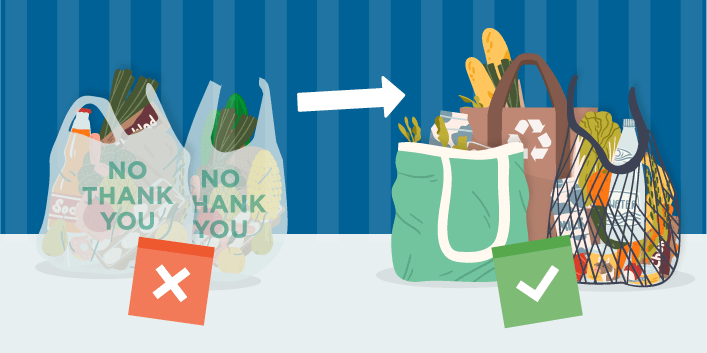
Why it matters:
Plastic pollution is one of the biggest environmental challenges of our time. Single-use plastics — like shopping bags, bottles, straws, and packaging — take hundreds of years to decompose and often end up in oceans, harming wildlife.
Easy ways to start:
Carry a reusable shopping bag in your car or backpack.
Use a refillable water bottle instead of buying bottled water.
Switch to metal, bamboo, or silicone straws.
Buy groceries in bulk to reduce packaging waste.
Eco Tip:
Set a personal goal to refuse plastic bags for 30 days. You’ll be surprised how quickly it becomes a habit.
Switch to Energy-Efficient Lighting
Why it matters:
Traditional incandescent bulbs consume a lot of energy and have a short lifespan. LED bulbs use up to 80% less energy and last up to 25 times longer.
Easy ways to start:
Replace bulbs in your most-used rooms first (kitchen, living room, study).
Choose warm white LEDs for a cozy feel.
Turn off lights when you leave a room.
Eco Tip:
If you switch just 5 bulbs to LEDs, you could save enough electricity to power your laptop for a year.
Start Composting Food Waste
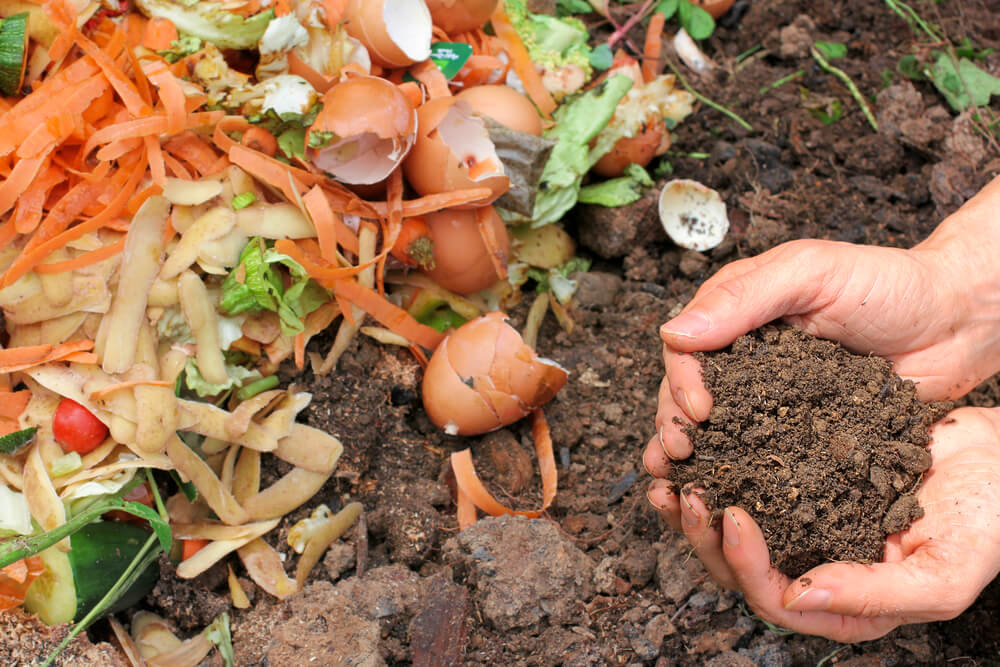
Why it matters:
Food scraps in landfills produce methane — a greenhouse gas more potent than CO₂. Composting turns waste into nutrient-rich soil for your garden.
Easy ways to start:
Keep a small compost bin in your kitchen for fruit peels, coffee grounds, and veggie scraps.
If you don’t have a garden, check for local compost drop-off points or community gardens.
Avoid composting meat, dairy, or oily foods (they attract pests).
Eco Tip:
Even composting tea bags and banana peels can make a difference — you’ll reduce landfill waste and enrich your soil.
Choose Public Transport, Carpool, or Cycle
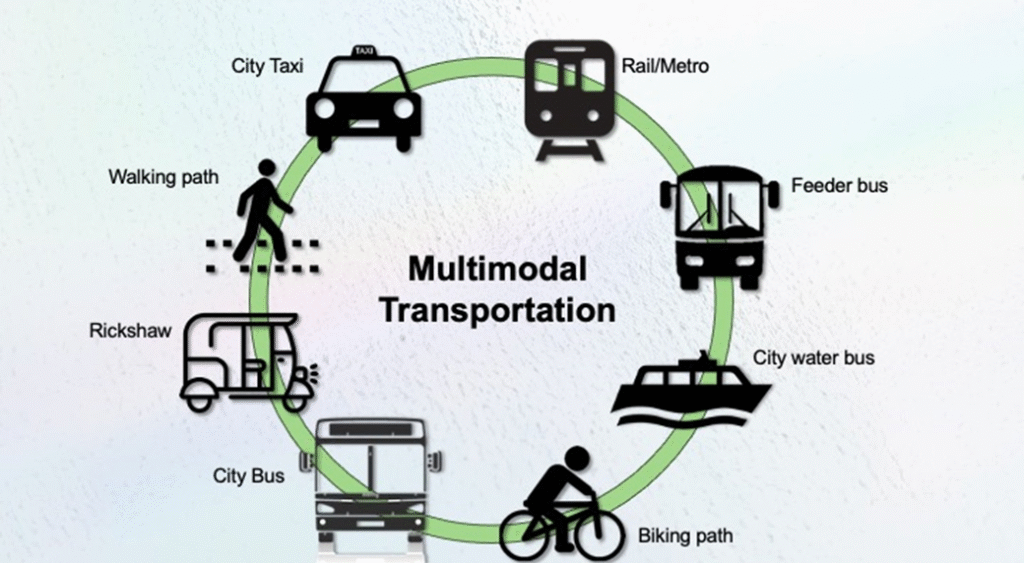
Why it matters:
Transportation accounts for a significant portion of greenhouse gas emissions. Every mile you avoid driving reduces your carbon footprint.
Easy ways to start:
Take public buses or trains for work or errands.
Organize a carpool with friends or coworkers.
Use a bicycle for short trips.
Eco Tip:
If you replace just two car trips a week with cycling or walking, you could cut hundreds of pounds of CO₂ annually.
Eat More Plant-Based Meals
Why it matters:
Meat production is resource-intensive and contributes to deforestation and greenhouse gas emissions. Reducing meat consumption can significantly lower your environmental impact.
Easy ways to start:
Try Meatless Mondays.
Explore plant-based proteins like beans, lentils, tofu, and tempeh.
Experiment with delicious vegetarian recipes.
Eco Tip:
You don’t need to go vegan overnight. Even one plant-based meal a day can make a measurable difference.
Conserve Water at Home
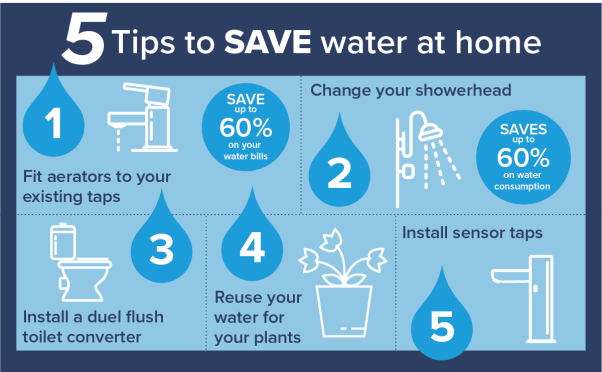
Why it matters:
Freshwater is a limited resource, and water treatment consumes energy. Reducing water waste saves both resources.
Easy ways to start:
Install low-flow showerheads and faucets.
Fix leaks promptly — a dripping tap can waste 3,000 liters per year.
Turn off the tap while brushing your teeth.
Eco Tip:
Place a bucket in your shower to catch water while it warms up. Use it for plants or cleaning.
Buy Second-Hand or Recycled Products
Why it matters:
Fast fashion and overproduction contribute to waste, pollution, and exploitation. Buying second-hand reduces demand for new resources.
Easy ways to start:
Shop at thrift stores or online marketplaces for clothes, furniture, and electronics.
Choose items made from recycled materials.
Donate or sell items you no longer use.
Eco Tip:
When buying new, check for eco-certifications like GOTS (organic textiles) or FSC (sustainable wood).
Switch to Eco-Friendly Cleaning Products
Why it matters:
Conventional cleaning products often contain toxic chemicals that harm waterways and wildlife. Eco-friendly options are safer for you and the environment.
Easy ways to start:
Use vinegar, baking soda, and lemon for natural cleaning.
Buy refillable cleaning products to reduce packaging waste.
Look for biodegradable and non-toxic labels.
Eco Tip:
Make a simple all-purpose cleaner by mixing vinegar, water, and a few drops of essential oil.
Support Sustainable Brands
Why it matters:
Your spending choices influence market trends. Supporting ethical companies encourages more businesses to go green.
Easy ways to start:
Research brands’ environmental policies before buying.
Choose products with fair trade, organic, or B Corp certifications.
Support local businesses to reduce transportation emissions.
Eco Tip:
Apps like Good On You help you check a brand’s ethical and environmental ratings.
Plant Trees or Start a Small Garden
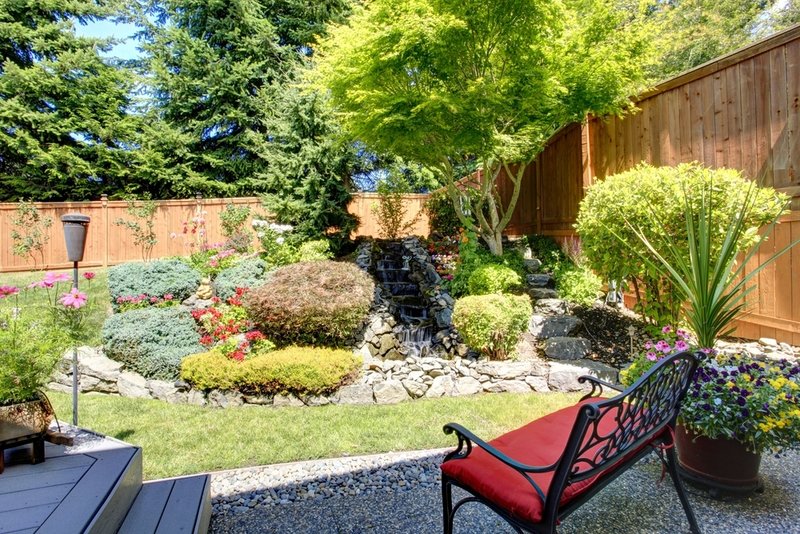
Why it matters:
Trees absorb carbon dioxide, improve air quality, and provide habitats for wildlife. Even small gardens support biodiversity.
Easy ways to start:
Plant a tree in your backyard or join a local tree-planting drive.
Grow herbs or vegetables in pots if you have limited space.
Choose native plants that thrive in your climate.
Eco Tip:
Even indoor plants can help purify the air and boost your mood.
Final Thoughts
Adopting eco-friendly habits doesn’t have to be complicated or expensive. By making small, intentional changes — like reducing plastic use, conserving water, and supporting sustainable brands — you can protect the environment while improving your quality of life.
Remember: you don’t need to be perfect to make a difference. Start with one or two habits from this list, and build from there. The planet doesn’t need a handful of people living perfectly zero-waste lives; it needs millions living sustainably, imperfectly.
Related posts:
 10 Easy Ways to Make Your Lifestyle More Eco-Friendly in 2025
10 Easy Ways to Make Your Lifestyle More Eco-Friendly in 2025
 Unleashing the Potential of Small Habits: Exploring James Clear’s ‘Atomic Habits
Unleashing the Potential of Small Habits: Exploring James Clear’s ‘Atomic Habits
 10 Everyday Skincare Habits That Will Transform Your Skin
10 Everyday Skincare Habits That Will Transform Your Skin
 Meditation Hacks for Beginners: Start Your Journey to Self-Realization Today
Meditation Hacks for Beginners: Start Your Journey to Self-Realization Today
 Stop Worrying and Start Living: A Guide to a Stress-Free Life
Stop Worrying and Start Living: A Guide to a Stress-Free Life
 Maha Shivratri Foods and Prasadam: A Complete Guide to Sacred Offerings and Vrat-Friendly Recipes
Maha Shivratri Foods and Prasadam: A Complete Guide to Sacred Offerings and Vrat-Friendly Recipes
